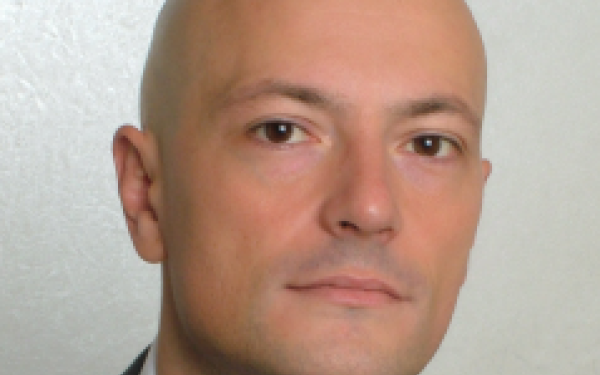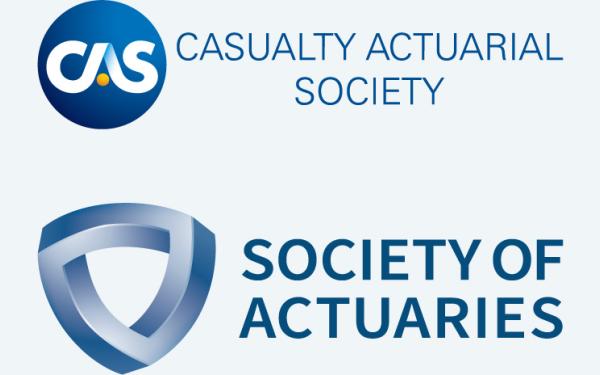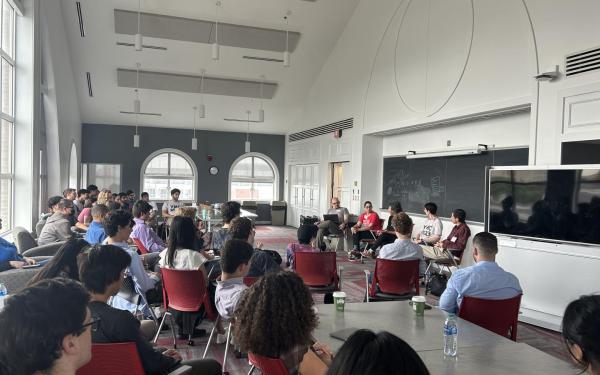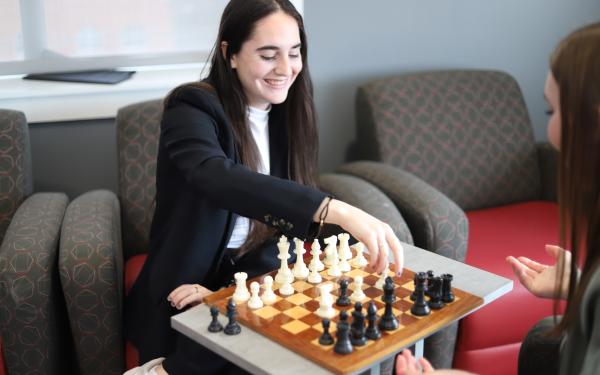Upcoming Events
AQRM Seminars
- Speaker: Kenneth Ng
- Affiliation: Ohio State University
- Date: October 22, 2025
- Time: 10:00 am - 11:00 am
- Location: Math Tower (MW) 154
This article constructs a forward exponential utility when the underlying risky assets are exposed to default risk. In the first part, by employing the Jacod-Pham decomposition on the random field, we propose an ansatz based on a number of recursively defined, indexed infinite horizon BSDEs. The unique existence and the boundedness of solutions of the BSDEs are established. We then provide a rigorous verification of the required (super)martingale property of the ansatz, which confirms that the ansatz is indeed a forward exponential utility. In the second part, we consider a stochastic factor model and constructs a forward exponential utility using solutions of ergodic BSDEs as the limits of the infinite horizon BSDEs. We further provide the economic meaning of the solution component of the ergodic BSDE -- the risk-sensitive growth rate of the optimal wealth process.
- Speaker: Tsz Chai (Samson) Fung
- Affiliation: Georgia State University
- Date: November 12, 2025
- Time: 10:00 am - 11:00 am
- Location: Math Tower (MW) 154
Portfolio selection in modern finance involves constructing optimal asset allocation strategies that balance risk and return. However, traditional portfolio selection faces new challenges due to systemic events, as exemplified by the financial crisis and the COVID-19 pandemic. In response, we introduce a nonparametric systemic risk-driven portfolio selection approach that models market and portfolio losses using kernel density estimation. In the event of market underperformance, we aim to minimize the conditional expected shortfall (CoES) of portfolio losses while targeting a specific return. We observe that directly estimating CoES using nonparametric kernel methods does not produce a convex objective function with respect to portfolio weights. To address this, we propose an augmentation of the objective function to ensure convexity, guaranteeing a unique solution for optimal portfolio weights regardless of the sample size. Through simulations, we demonstrate our proposed approach's consistency and out-of-sample performance compared to benchmark portfolio criteria and CoES-based parametric models. Applying this method to a real dataset showcases its superior risk-return performance relative to existing approaches.
- Speaker: Tak Wa (Edward) Ng
- Affiliation: Laval University
- Date: November 19, 2025
- Time: 10:00 am - 11:00 am
- Location: Math Tower (MW) 154
We introduce a new model for individual survivor fund account with bequest that allows the tontine's participants to leave inheritances to their heirs. Two proposed designs, constant and variable participation, are examined through the lens of an individual account, addressing optimal investment and bequest proportions. Our formulation captures two types of bequest motives: the relative concern between terminal benefit and premature bequest and the intention to smooth the bequest plan. Our numerical illustrations show that the individual's willingness to participate in the longevity risk pool will decrease with these two bequest motive levels and address the question of when and with what motive level the individual will join the pool. Furthermore, we incorporate labor income and consumption in the participant's optimization problem and perform a welfare analysis thereon.







